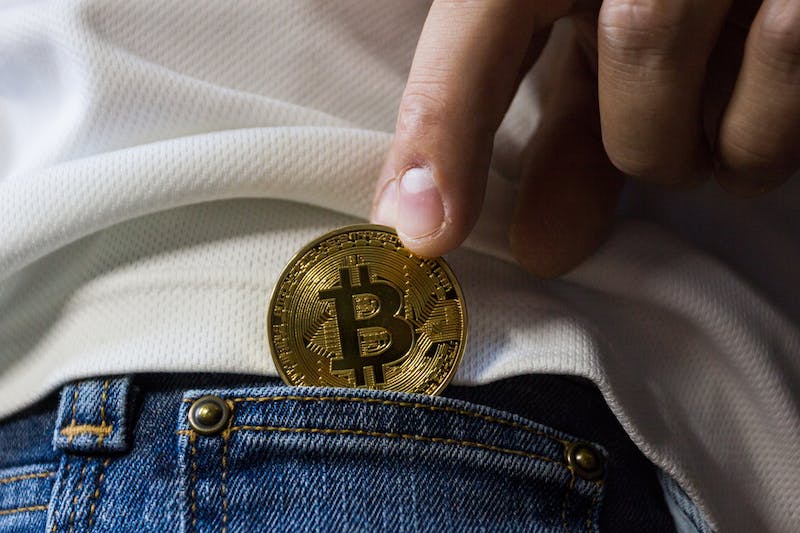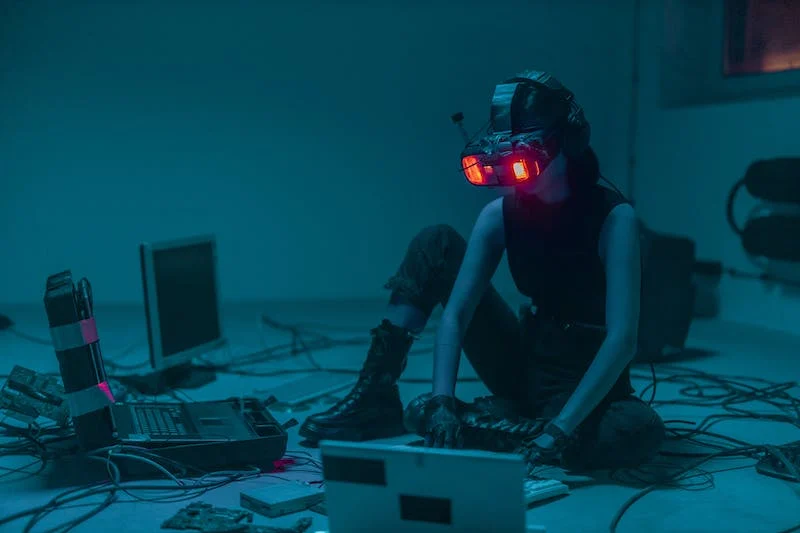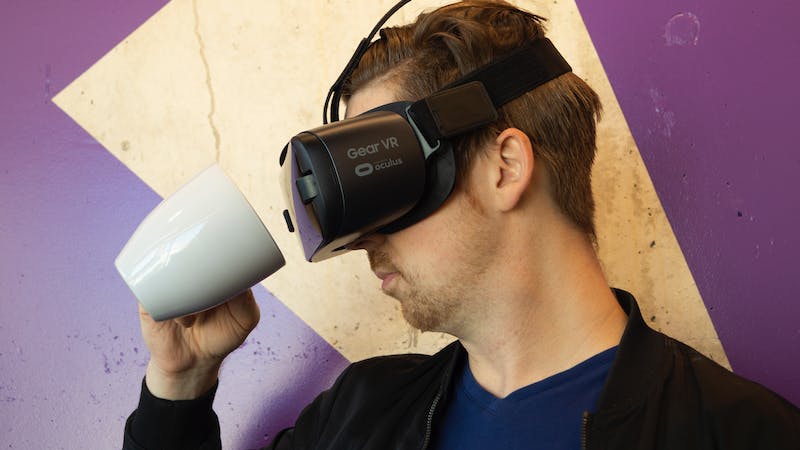What is an NFT(non-fungible tokens) game?
An NFT game, also known as a blockchain game or play-to-earn game, is a type of video game that incorporates non-fungible tokens (NFTs) and blockchain technology into its gameplay and economy. NFT games are known for their unique features, including the ownership of in-game assets and the ability to earn cryptocurrency or other rewards by playing the game. Here are some key characteristics of NFT games:
- NFT-Based Assets: In NFT(non-fungible tokens) games, in-game items, characters, and other assets are represented as NFTs on a blockchain. Each asset is unique and can be bought, sold, or traded as a digital collectible.
- Ownership and Scarcity: Players have true ownership of their in-game assets, which is recorded on the blockchain. These assets often have varying levels of scarcity, with some being rarer and more valuable than others.
- Player-Driven Economy: NFT(non-fungible tokens) games often have player-driven economies, where players can trade their in-game assets with others. This can create opportunities for players to earn cryptocurrency by selling rare items to other players.
- Interoperability: Some NFT(non-fungible tokens) games allow interoperability, meaning that assets can be used across multiple games or platforms that support the same blockchain standards. This enables players to carry their assets from one game to another.
- Play-to-Earn Mechanics: Many NFT(non-fungible tokens) games incorporate “play-to-earn” mechanics, where players can earn cryptocurrency or in-game tokens by participating in various activities within the game, such as battling, completing quests, or farming resources.
- Decentralized Ownership and Governance: In some NFT games, players may have a say in the game’s development and governance through decentralized autonomous organizations (DAOs) or other mechanisms.
- Integration of Blockchain Technology: NFT(non-fungible tokens) games rely on blockchain technology to ensure the transparency, security, and immutability of in-game transactions and asset ownership.
Popular blockchain platforms for NFT(non-fungible tokens) games include Ethereum, Binance Smart Chain, Flow, and others, each with its own set of standards for creating and managing NFTs.
Examples of NFT games include Axie Infinity, CryptoKitties, The Sandbox, and Decentraland. These games have gained popularity for their innovative use of NFTs and blockchain technology, creating new opportunities for players to engage with and profit from their in-game experiences.
It’s important to note that while NFT games offer unique benefits, they also come with challenges such as scalability issues, high transaction fees, and environmental concerns due to the energy consumption of some blockchain networks. Additionally, the success and sustainability of individual NFT games may vary.

Global NFT game cases
As of my last knowledge update in September 2021, there were several representative global NFT game cases that gained significant attention and popularity in the world of blockchain gaming and non-fungible tokens (NFTs). Keep in mind that the NFT(non-fungible tokens) gaming space evolves rapidly, and new developments may have occurred since then. Here are some notable NFT game cases up to that point:
- Axie Infinity: Axie Infinity is a blockchain-based game that allows players to collect, breed, and battle fantasy creatures called Axies. Players can earn cryptocurrency (AXS and SLP tokens) by participating in battles and various activities. It became especially popular in Southeast Asia and demonstrated the potential for blockchain-based play-to-earn games.
- Decentraland: Decentraland is a virtual world built on blockchain technology, where users can buy, sell, and develop parcels of virtual land. Users have complete ownership of their digital land, and they can create and monetize experiences within the virtual world.
- The Sandbox: The Sandbox is a blockchain-based game creation platform that allows users to create, own, and monetize gaming experiences using NFTs. It has attracted partnerships with well-known brands and IPs.
- CryptoKitties: CryptoKitties is one of the earliest NFT(non-fungible tokens) games that gained attention. Players collect, breed, and trade unique virtual cats, each represented as an NFT with distinct attributes.
- Alien Worlds: Alien Worlds is a blockchain-based metaverse that combines gaming with DeFi (Decentralized Finance) elements. Players mine a cryptocurrency called Trilium (TLM) by participating in mining activities on different planets within the game.
- MyCryptoHeroes: MyCryptoHeroes is a blockchain-based role-playing game where players collect and battle historical heroes. It has an active community and an in-game asset marketplace.
- Blankos Block Party: Blankos Block Party is a party game where players collect and customize vinyl toy characters known as Blankos. These characters are NFTs and can be bought, sold, and used in various mini-games and challenges.
- Gods Unchained: Gods Unchained is a blockchain-based collectible card game that combines elements of traditional card games with blockchain ownership. Players can buy, sell, and trade cards as NFTs.
- Lost Relics: Lost Relics is an action-adventure RPG that uses blockchain technology for item ownership and trading. Players can own and trade in-game items as NFTs.
These representative NFT game cases demonstrate the wide range of genres and experiences that blockchain gaming can offer, from virtual land ownership and virtual pet collections to card games and action RPGs. NFT games have gained traction for their innovative use of NFTs and blockchain technology, providing players with true ownership and new opportunities for earning and trading digital assets within gaming ecosystems.




